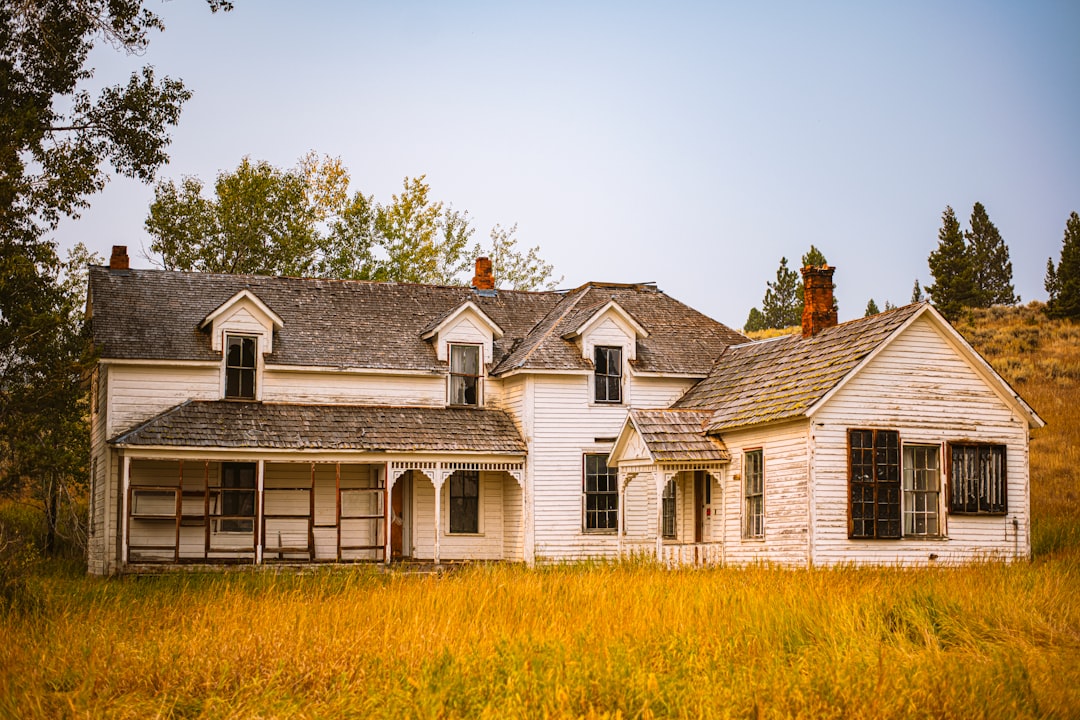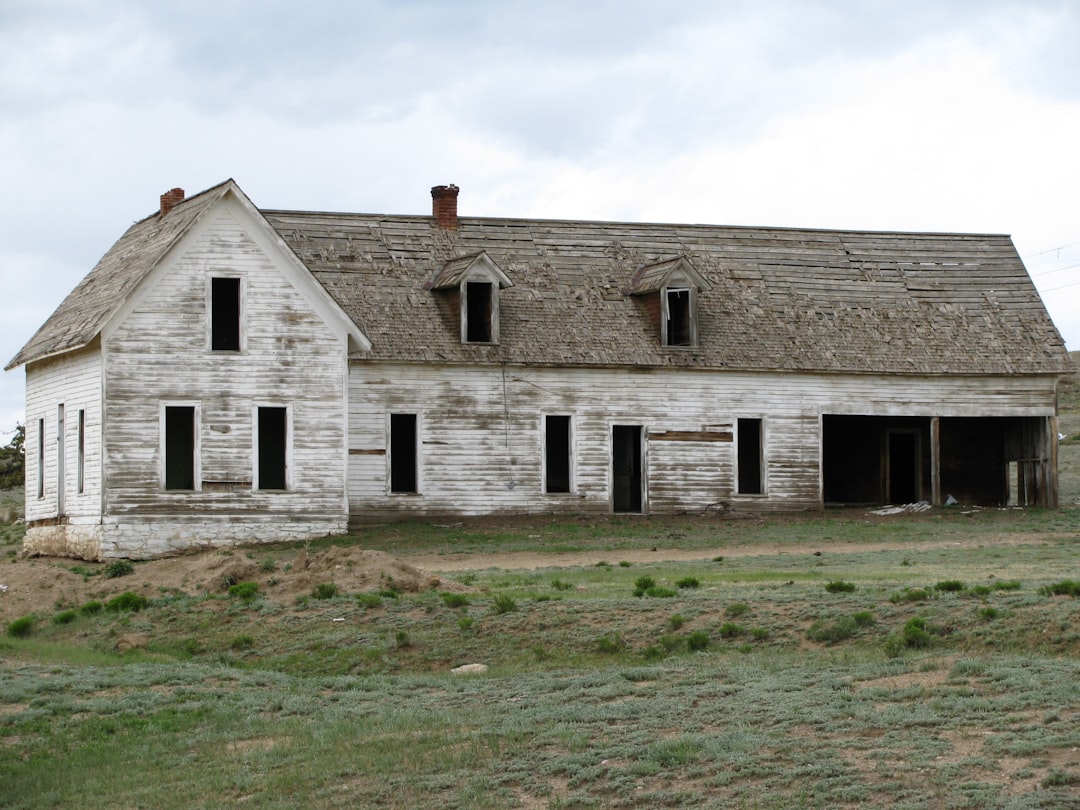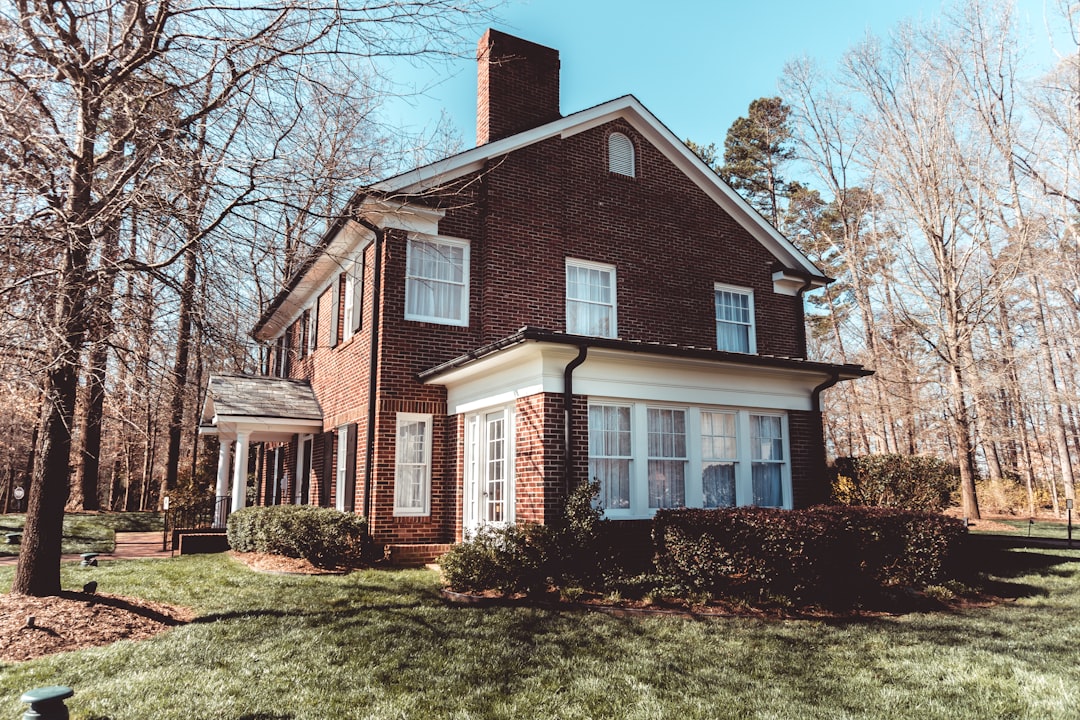Buying a foreclosed home can be an exciting adventure, offering the chance to snag a property at a lower price while diving into the dynamic world of real estate. But it's not all about bargains; understanding the ins and outs of these unique purchases is key to turning a potential challenge into a rewarding opportunity.
From scouring listings with a trusted real estate agent to evaluating the "as-is" condition of properties, there are essential steps to ensure your journey is both smooth and successful.
We put together this 5 easy step guide to help you make informed decisions and uncover the hidden gems in the world of foreclosed homes.

1. Finding Foreclosed Properties
When it comes to buying a foreclosed home, knowing where to look is half the battle. Let's explore some of the best ways to find these potential bargains.
Work with Real Estate Agents
Real estate agents can be your secret weapon in the foreclosure market. They have access to listings that might not be publicly available and can guide you through the process.
Experienced agents often have relationships with banks and lenders, giving you an edge in finding foreclosed properties. They can also help you understand the local market and property values.
Remember, not all agents are familiar with foreclosures. Look for someone with specific experience in this area. A good agent can save you time and potentially thousands of dollars.
Explore Online Auction Websites
Online auction websites have revolutionized the way we buy foreclosed homes. These platforms offer a wide range of properties and can be accessed from anywhere.
Popular sites like Auction.com, Hubzu, and RealtyTrac list foreclosed properties from across the country. You can often find detailed information, photos, and sometimes even virtual tours.
However, be cautious. Online auctions can move quickly, and it's easy to get caught up in the excitement. Always do your due diligence before bidding.
Check Local MLS and Government Resources
The Multiple Listing Service (MLS) is a goldmine for foreclosure hunters. Many bank-owned properties (REOs) end up here.
Your real estate agent can set up alerts for new foreclosure listings in your desired areas. This can give you a head start on potential deals.
Don't forget to check your local government websites too. They often list tax-foreclosed properties that might not appear elsewhere.
Government Resources
Government agencies like the U.S. Department of Housing and Urban Development (HUD) and Freddie Mac's HomeSteps program offer foreclosure listings.
These resources can be particularly valuable for first-time homebuyers or those with limited budgets. They often have special programs or incentives.
Be prepared for some extra paperwork and potentially longer processing times when dealing with government agencies. But the potential savings can make it worthwhile.\

2. Navigating the "As-Is" Condition
One of the biggest challenges in buying a foreclosed home is dealing with its condition. Most are sold "as-is," which means you're taking on any existing issues.
Importance of Thorough Inspections
Inspections are crucial when buying a foreclosed home. They can reveal hidden problems that could cost you thousands down the line.
-
Hire a licensed home inspector to thoroughly examine the property.
-
Consider specialized inspections for potential issues like mold, pests, or structural problems.
-
Don't skip this step, even if you're buying at auction. It's better to lose an inspection fee than buy a money pit.
Remember, foreclosed homes often sit vacant for long periods, which can lead to deterioration. A good inspection can give you peace of mind or save you from a costly mistake.
Estimating Repair Costs
Once you know the condition of the property, it's time to estimate repair costs. This step is crucial in determining if the foreclosed home is truly a good deal.
Get quotes from licensed contractors for any necessary repairs. Don't rely on your own estimates unless you're a professional.
Factor in both immediate repairs and long-term maintenance costs. A new roof might not be urgent now, but if it's near the end of its life, you'll need to budget for it.
Consider creating a table to compare the purchase price, repair costs, and estimated market value after repairs. This can help you make an informed decision.

3. Financing and Pre-Approval
Securing financing for a foreclosed home can be a bit different from a traditional purchase. Let's break down what you need to know.
Mortgage Pre-Approval Process
Getting pre-approved for a mortgage is a crucial first step in buying a foreclosed home. It shows sellers you're serious and can speed up the process.
-
Gather necessary documents (pay stubs, tax returns, bank statements).
-
Shop around for the best rates and terms from different lenders.
-
Submit your application and wait for the pre-approval letter.
Remember, pre-approval is not a guarantee of a loan. But it does give you a clear idea of what you can afford and makes you a more attractive buyer.
Exploring Financing Options
When it comes to financing a foreclosed home, you have several options. Each has its pros and cons, so it's important to choose wisely.
-
Conventional loans: Often require higher credit scores but may offer better rates.
-
FHA loans: Can be easier to qualify for, with lower down payment requirements.
-
VA loans: Available to eligible veterans and service members, often with no down payment.
-
USDA loans: For rural properties, can offer 100% financing to eligible buyers.
Consider consulting with a financial advisor to determine the best option for your situation. They can help you understand the long-term implications of each choice.
Cash Buyers
If you're in the fortunate position to be a cash buyer, you'll have some distinct advantages in the foreclosure market.
Cash offers are often more attractive to sellers, especially in competitive situations. You may be able to close faster and with fewer contingencies.
However, don't let the allure of a quick deal tempt you into skipping important steps like inspections. Even as a cash buyer, you need to protect your investment.

4. Potential Challenges to look out for
Buying a foreclosed home isn't always smooth sailing. Being aware of potential pitfalls can help you navigate the process more successfully.
Deferred Maintenance
Foreclosed homes often suffer from neglect. Previous owners facing financial difficulties may have put off crucial maintenance and repairs.
Look out for signs of water damage, structural issues, or outdated systems. These can be costly to fix and might not be immediately apparent.
Consider budgeting an extra 10-20% of the purchase price for unexpected repairs. It's better to be prepared than caught off guard.
Title issues
Title problems can be a major headache when buying a foreclosed home. These issues can range from unpaid property taxes to unknown liens.
Always get a thorough title search done before purchasing. This can reveal any potential claims against the property.
Consider purchasing title insurance to protect yourself against any unforeseen issues that might crop up after the sale.
Competition
The foreclosure market can be highly competitive, especially in desirable areas. You might find yourself up against experienced investors or flippers.
Be prepared to act quickly when you find a property you like. Have your financing in order and be ready to make a strong offer.
Don't let competition push you into making hasty decisions. Stick to your budget and remember your goals.
Lengthy Approval Process
Buying a foreclosed home can take longer than a traditional purchase. Banks and government agencies often have multiple layers of approval.
Be patient and stay in close communication with your real estate agent throughout the process. They can help keep things moving and update you on progress.
Consider setting realistic timelines for your move or any planned renovations. It's better to be pleasantly surprised by a quick close than stressed by delays.

5. Key Tips for success
Armed with knowledge about the process, let's look at some key strategies to increase your chances of success when buying a foreclosed home.
Finding an experienced real estate agent
An agent with foreclosure experience can be your greatest asset in this process. They understand the nuances and potential pitfalls.
Look for an agent who has a track record of successful foreclosure purchases. Ask about their experience and how many foreclosure deals they've closed.
A good agent can also help you understand local market trends and identify properties that might be good investments.
Utilize inspections
We can't stress enough how important thorough inspections are when buying a foreclosed home. They're your best defense against costly surprises.
Don't just rely on a general home inspection. Consider specialized inspections for potential issues like mold, pests, or foundation problems.
Use the inspection results to inform your offer. If significant issues are found, you may be able to negotiate a lower price.
Get pre-approved for a mortgage
Pre-approval gives you a clear budget and shows sellers you're serious. It can give you an edge in competitive situations.
Start the pre-approval process early, even before you start seriously looking at properties. This puts you in a position to move quickly when you find the right home.
Remember, pre-approval typically lasts for 60-90 days. If your search takes longer, you may need to get re-approved.
Understand the property's true value
Knowing a property's true value helps you avoid overpaying, even in a competitive market. Research comparable sales in the area.
Consider both the current condition of the home and its potential value after repairs. This can help you determine how much you're willing to invest.
Don't be swayed by low listing prices. Some foreclosures are priced low to attract multiple offers and drive up the final sale price.
Be prepared for the "as-is" condition
Most foreclosed homes are sold "as-is," meaning the seller won't make repairs or offer credits for issues found during inspections.
Budget for immediate repairs and updates. You may need to replace appliances, update systems, or address cosmetic issues.
Consider the cost and time involved in bringing the property up to your standards. Factor this into your overall budget and timeline.
Consult with a title company
A title company can help ensure you're getting a clean title to the property. This is especially important with foreclosures, which can have complicated histories.
Have the title company do a thorough search for any liens, unpaid taxes, or other claims against the property.
Consider purchasing owner's title insurance for additional protection. This can cover you if issues arise after the purchase.












































































































